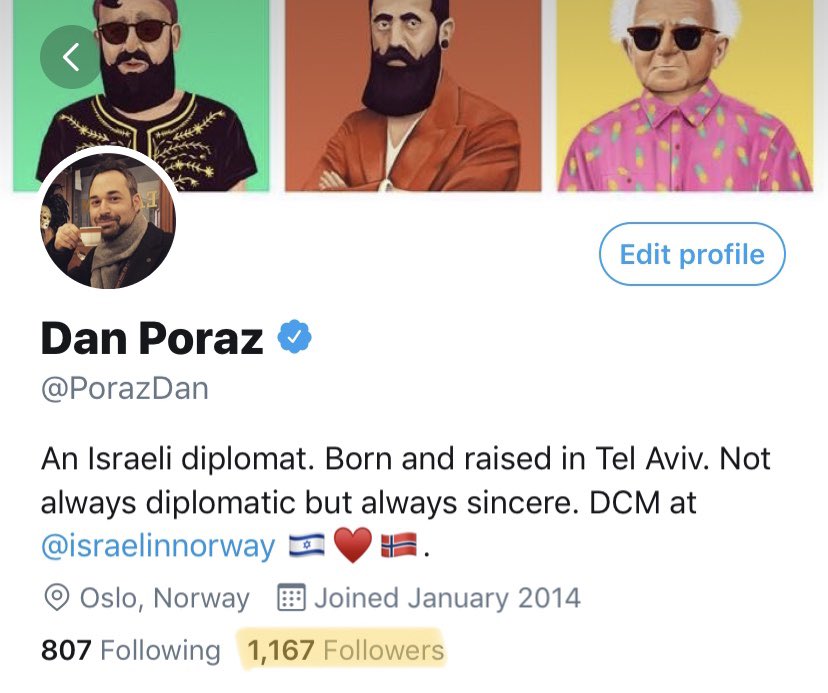tl;dr - trollish, pro-abolition firebrand congressman beaten with a cane on the floor of congress when someone got sick of him
en.wikipedia.org/wiki/John_Brow…
And John Delaney went to law school but never practiced.
Needless to say, legal education is in many respects THE intellectual milieu of American political leadership, especially when we're talking Democrats.










